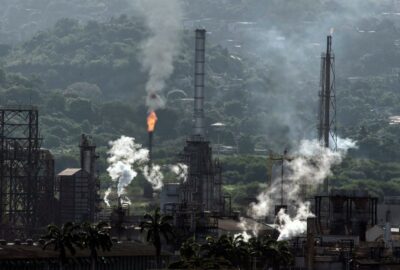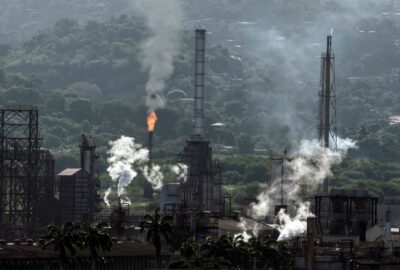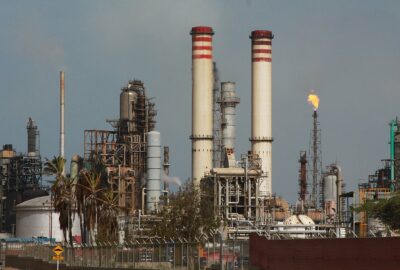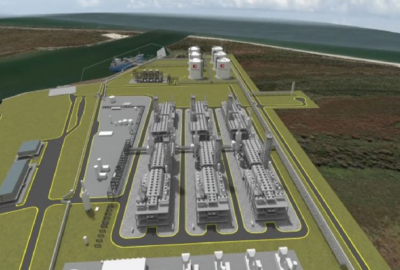
Front-month gas futures for January delivery on the New York Mercantile Exchange rose 11.9 cents, or 3.8%, to $3.282 per million British thermal units (mmBtu) at 8:06 a.m. EST (1306 GMT), putting the contract on track for its highest close since Nov. 29.
That increase in the front-month boosted the premium of futures for January over February to 20.8 cents per mmBtu, its highest since hitting a record closing high of 21.0 cents in December 2022.
Some analysts, however, have said that winter, and the high prices it usually brings, could be over before the season officially starts now that the heavily traded March-April “widow maker” spread is trading in unusual contango. That means the April contract is priced higher than the March contract.
March is the last month of the winter storage withdrawal season, and April is the first month of the summer storage injection season. Because gas is primarily a winter heating fuel, summer prices typically do not trade above winter ones.
It is possible that gas prices hit their 2024 peak in November when they reached $3.56 per mmBtu. Over the past five years, prices hit their yearly highs in January 2023, August 2022, October 2021 and 2020, and January 2019.
SUPPLY AND DEMAND
Financial firm LSEG said average gas output in the Lower 48 U.S. states rose to 102.8 billion cubic feet per day (bcfd) so far in December, up from 101.5 bcfd in November. That compares with a record 105.3 bcfd in December 2023.
Meteorologists projected the weather in the Lower 48 states would remain mostly warmer than normal through Dec. 26.
With warmer weather coming, LSEG forecast average gas demand in the Lower 48, including exports, would drop from 128.8 bcfd this week to 123.0 bcfd next week. The forecasts for next week was higher than LSEG’s outlook on Tuesday.
The amount of gas flowing to the seven big operating U.S. LNG export plants rose to an average of 14.0 bcfd so far in December, up from 13.6 bcfd in November. That compares with a monthly record high of 14.7 bcfd in December 2023.
The U.S. became the world’s biggest LNG supplier in 2023, ahead of recent leaders Australia and Qatar, as much higher global prices feed demand for more exports due in part to supply disruptions and sanctions linked to Russia’s invasion of Ukraine in February 2022.
Gas prices were trading around $14 per mmBtu at the Dutch Title Transfer Facility (TTF) benchmark in Europe and near an 11-month high of $15 at the Japan-Korea Marker (JKM) benchmark in Asia.
(Reporting by Scott DiSavino)
Share This:
More News Articles











